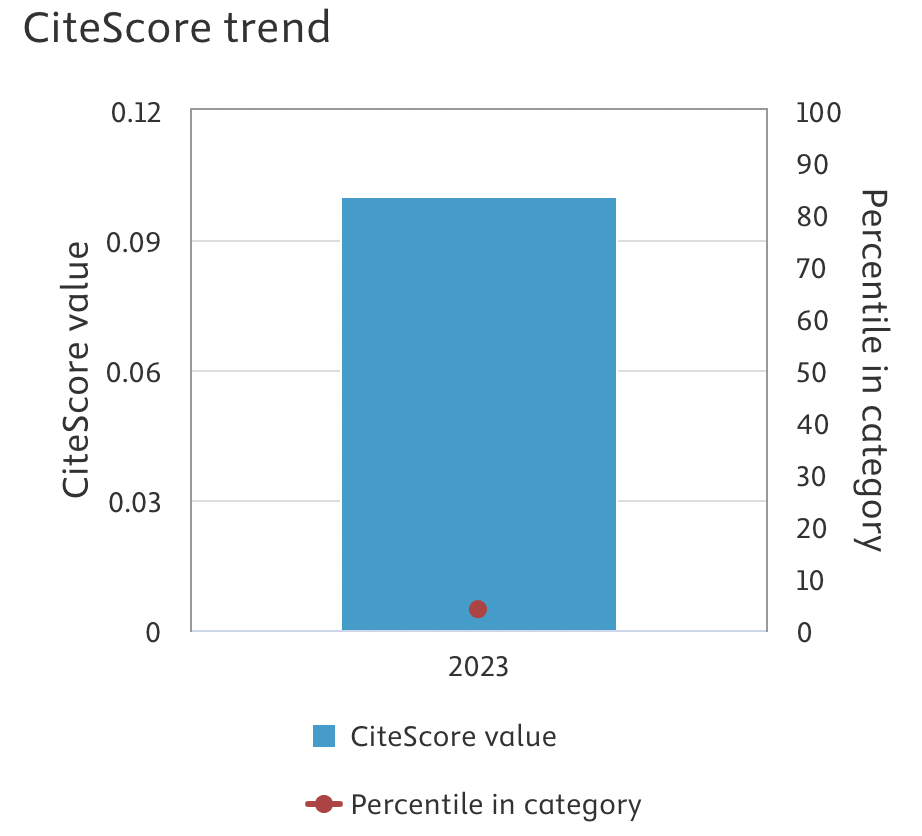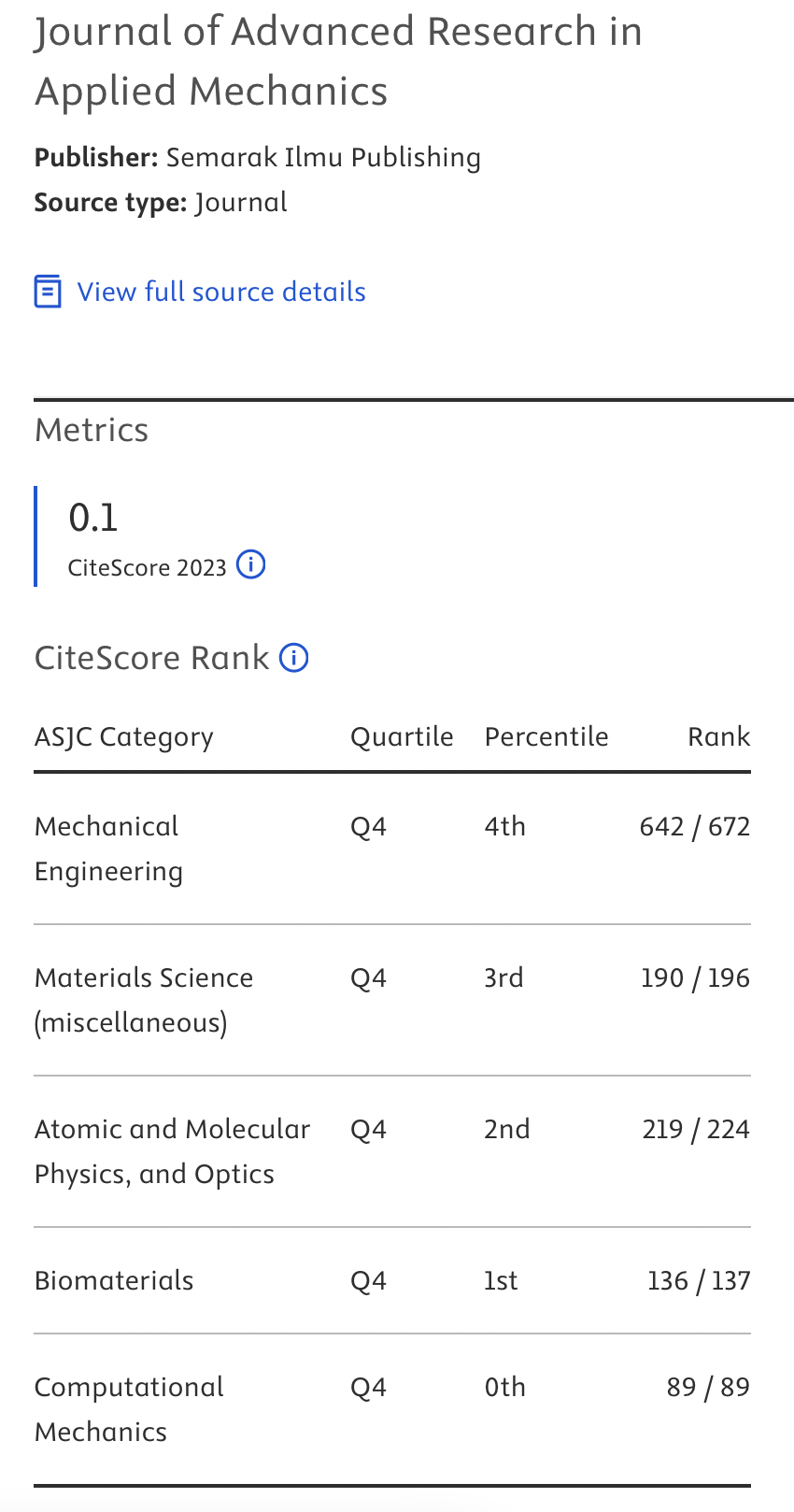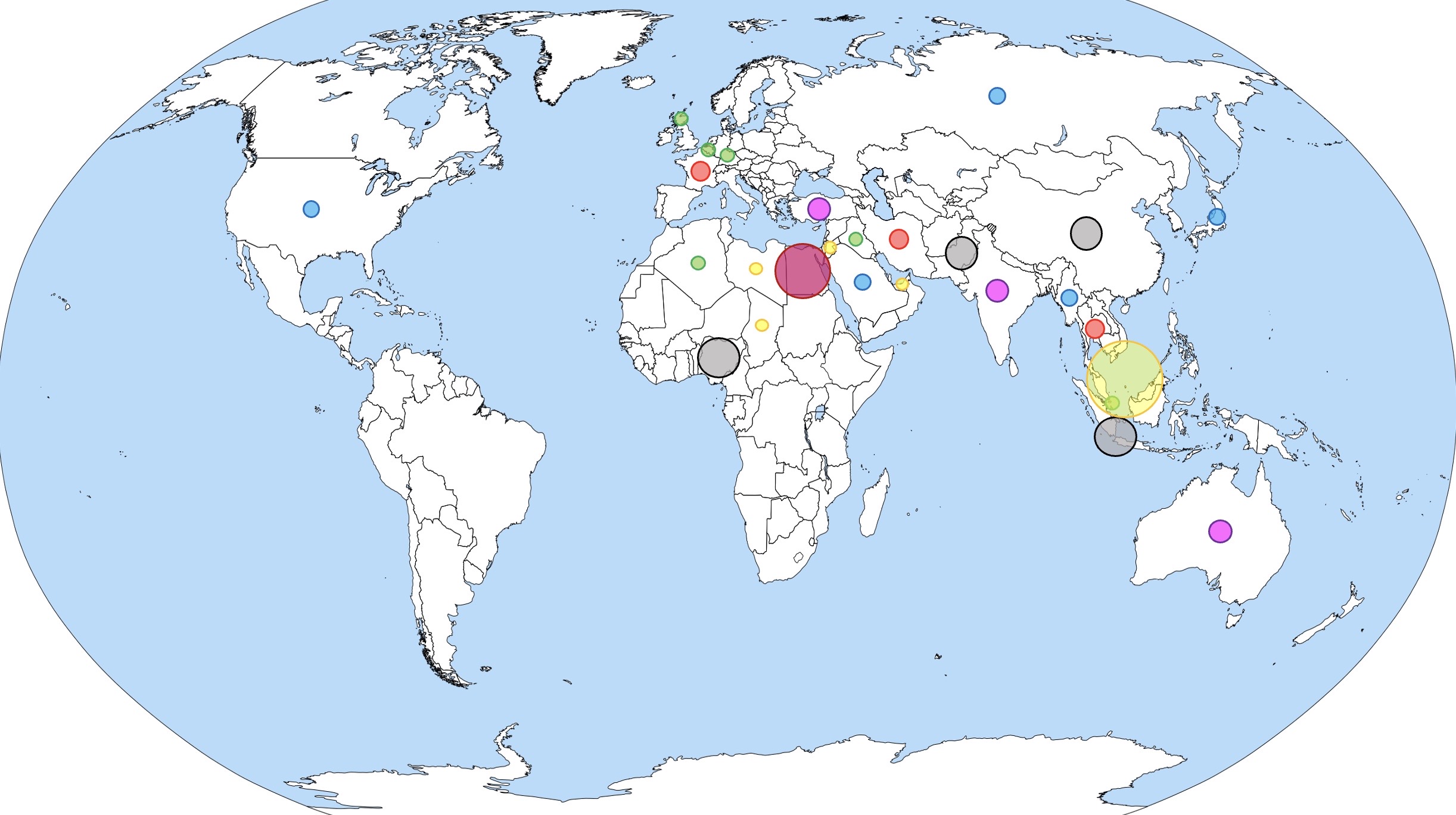The Comparison of Performance of Root Vetiver Grass between Coconut Fiber and Eggshell toward Slope Stabilization
DOI:
https://doi.org/10.37934/aram.125.1.185191Keywords:
Vetiver grass, Shear strength, Eggshell, Coconut fiber, Tensile strengthAbstract
Slope stability using vegetation has emerged as a more environmentally friendly and sustainable solution for slope stabilization, replacing traditional structural engineering methods and shotcrete cover. However, despite the application of Vetiver grass, failures in the form of deformation, cracks, and slope collapse still occur. The main objectives of this study are to identify the root properties and analyze the mechanical properties of Vetiver grass with coconut fiber and eggshell fertilizers. Laboratory testing was conducted to determine the mechanical properties of Vetiver grass roots using shear box and universal testing machine. As a result, the root diameter and root length with egg shell exhibit larger values than coconut fiber for 21 days (0.40 – 1.27 cm) and 35 days (11.5 – 61.4 cm). The direct shear test results for Vetiver root with eggshell showed highest shear strength which is 43.67 kN/m2 (21 days) and 168.17 kN/m2 (35 days) compared to Vetiver root with coconut fiber which is 42.94 kN/m2 (21 days) and 61.13 kN/m2 (35 days). For tensile strength, the Vetiver root with egg shell consist higher value which is 0.066 N/mm² (group 1) and 0.068 N/mm² (group 2) compared to Vetiver root with coconut fiber which is 0.059 N/mm² (group 1) and 0.060 N/mm² (group 2). Additionally, in group 1 and 2 of 35 days, eggshell fertilizer showed higher maximum tensile strength, measuring 0.071 N/mm² and 0.094 N/mm², respectively. While, coconut fiber fertilizer 1 and 2 recorded lower tensile strengths of 0.063 N/mm² and 0.062 N/mm², respectively. The significance of this study indicates that the eggshell fertilizers have greater impact towards Vetiver root than coconut fiber fertilizers and without fertilizer.
Downloads


























